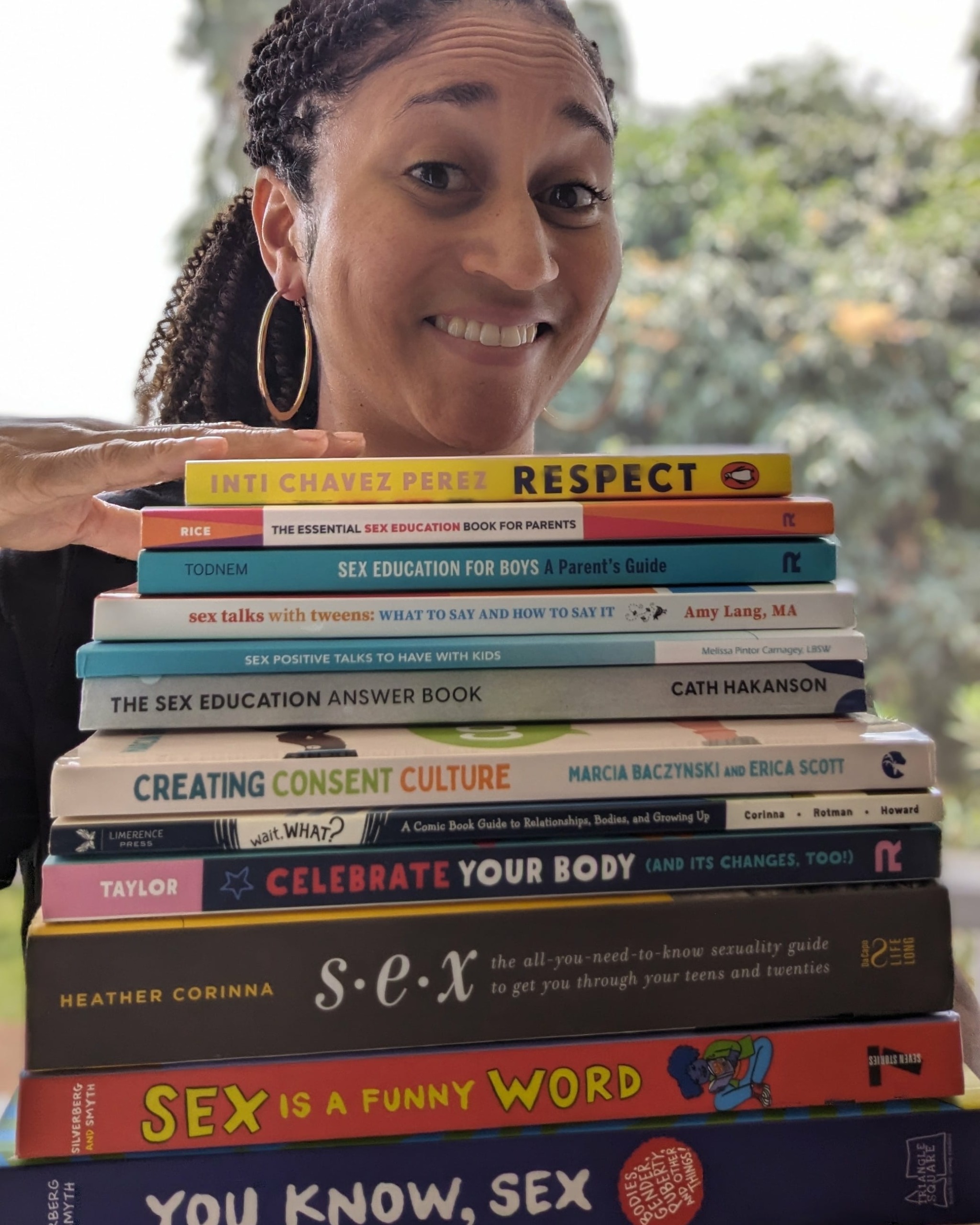Alright – so today we’ve got the honor of introducing you to Scotney Young. We think you’ll enjoy our conversation, we’ve shared it below.
Hi Scotney, thanks for joining us today. How did you get your first job in the field that you practice in today?
Originally, I thought I was going to be a family therapist. I got my Master’s in Social Work and specialized in family therapy, and I really thought that was the plan. But before jumping into that career, I had always wanted to join the Peace Corps, work as a volunteer in another country for two years. It felt like one of those once-in-a-lifetime things I needed to do.
After grad school, I applied for and was accepted into the Peace Corps. I ended up getting placed in northern Peru, in this small desert city along the coast. I was a youth development volunteer, which basically meant I worked on anything that helped support young people’s growth—life skills, leadership, health, that kind of thing. And one of the big areas I was assigned to work on was sexual and reproductive health and it included HIV prevention, teen pregnancy, intimate partner violence. That was actually my first real job in the sex ed field.
At first, I was nervous. I was showing up in these local schools as a foreigner, my Spanish wasn’t perfect, and I was talking to teenagers about sex—something that’s awkward anywhere, let alone in a classroom where the teachers barely know you. The schools had these bare walls, students in matching uniforms, and you could tell resources were limited. But what they did have was a national curriculum that included sex ed topics, they just didn’t have the training or tools to teach them, granted, neither did I but I was willing to give it a try! So when I said I could help, they welcomed the support.
And honestly? It went better than I ever imagined. The fact that I was a little unsure of myself, that I stumbled over a few words, it actually made the space more relaxed. The students laughed a little, I laughed a little, and it created this open, comfortable vibe. And once we got talking, I realized how eager they were to learn and how much they had to say. It hit me that this work matters so much, helping young people navigate sex, relationships, and consent made an immediate difference. These are huge parts of life, and yet no one really prepares us for it as we grow.
That experience totally changed my path. I went from teaching one weekly sex ed class to building out a whole peer educator program with the local health center. I worked with this amazing nurse who helped train students to teach each other using resources they designed themselves. It was creative, meaningful, and just…fun. That’s when I realized this is what I want to do. I want to work in sexual and reproductive health full time.
So yeah, looking back, I’m really glad that was my first job in the field. It wasn’t what I originally planned, but it showed me what I’m passionate about. It felt like exactly where I was supposed to be.
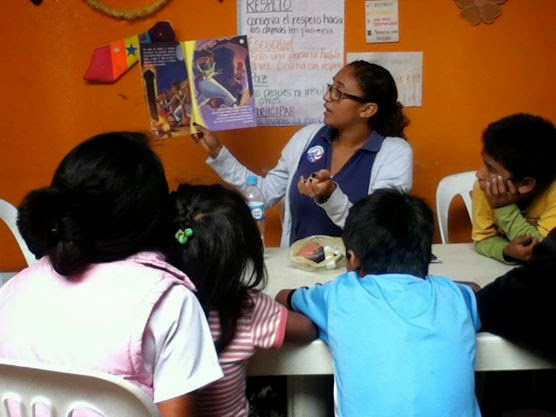
Scotney, before we move on to more of these sorts of questions, can you take some time to bring our readers up to speed on you and what you do?
I’m a Certified Sex Educator, a gender-based violence specialist, and a social worker. I’m the founder and lead consultant of Roots and Boundaries, a sexual and reproductive health (SRH) consulting firm that works with organizations around the world to create programs that are inclusive, evidence-based, culturally relevant, and rooted in justice.
As previously mentioned, I got my start in sex ed through my Peace Corps service in Peru, and that experience lit a fire in me that’s never gone out. Since then, I’ve built my career around supporting people and communities in accessing the information, tools, and support they need to make healthy, empowered choices about their bodies and relationships.
I hold a Master’s in Social Work with a specialization in family therapy from Boston University, a Postgraduate Certificate in Sexual Health Education from the University of Michigan, and I’m a Certified Sex Educator through the American Association of Sexuality Educators, Counselors, and Therapists (AASECT). I’m also certified through ANTE UP!, a justice-centered professional development program for sexuality professionals, and trained in a number of evidence-based curricula in sexual health and violence prevention.
Over the past 13 years I’ve worked across five countries on three continents, partnering with nonprofits, schools, government agencies, and communities to design and deliver sexual health education and gender-based violence prevention programs. My work focuses on making sure people—especially youth and marginalized communities—have access to information and tools to build relationships that are respectful, safe, and joyful .
I offer everything from curriculum development and program design to staff trainings, guest lectures, and sex educator coaching and supervision. I also run Bodies and Boundaries, a series of age-appropriate, culturally responsive sex ed courses for international kids ages 4 to 18.
What sets me apart is my deep commitment to justice, cultural humility, and collaboration. I’m trained not just in education, but also in family therapy, public health, and trauma-informed care, and I bring those lenses into every project I take on. I’m also proud to be a Black American and Chicana educator, those identities are central to how I move through this work.
I’m currently based in Kampala, Uganda, but my work is global and fully virtual when needed. I care deeply about this field, and I believe sex ed is about so much more than anatomy, it’s about power, agency, communication, and connection. And I want people to know: this work can be joyful. It can be liberating. It can be fun. And everyone deserves access to it.
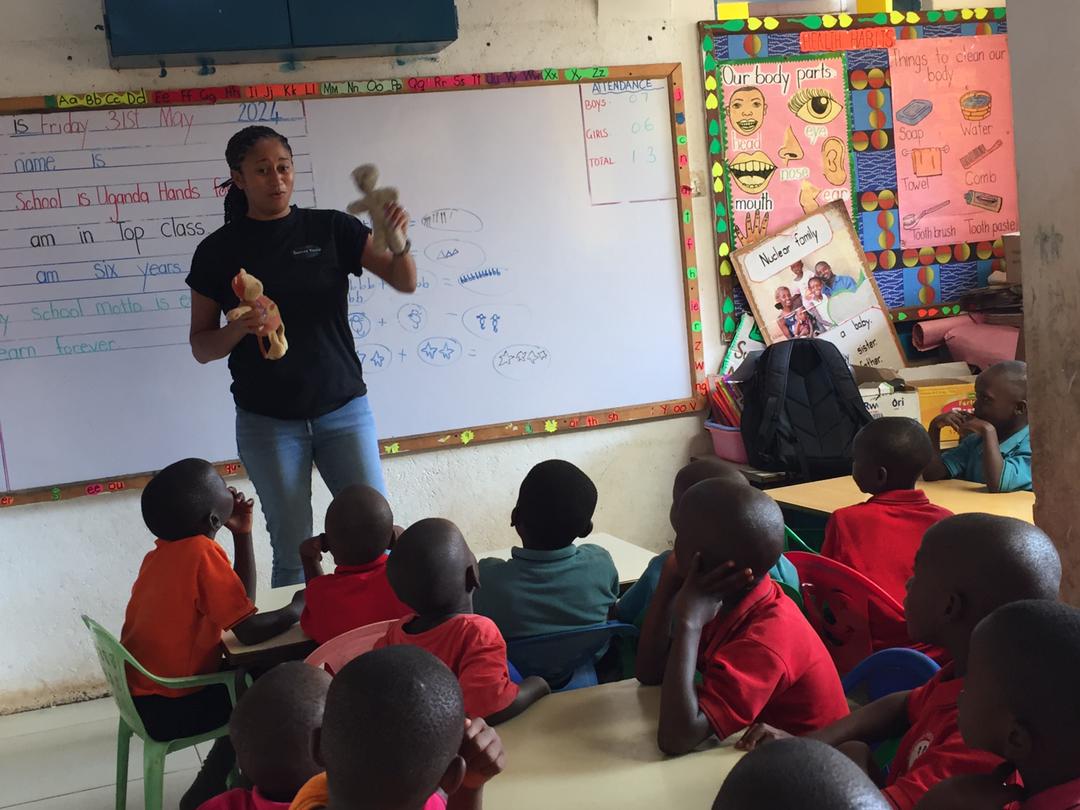
What do you think helped you build your reputation within your market?
I think a big part of building my reputation has been about intentionally connecting with the people in the field I admire and want to learn from and doing so in a genuine, authentic way. Connecting with mentors and folks who have been doing the work, like my mentor and supervisor Dr. Bianca Laureano, helped me get through the AASECT certification process and gave me incredibly valuable insight into how to navigate the systems that shape this work. Building those genuine relationships with people who were intentional about recommending me for opportunities, sharing networks and resources, and vouching for my work was meaningful but also encouraging. It gave me the confidence and the access I needed to pursue new roles and projects that helped me and my business grow.
Another big piece for me is adaptability. I’ve worked in nonprofits, government, and international spaces, and I’ve learned how to communicate across different cultural and institutional contexts. Whether I’m talking to parents, young people, health professionals, or policymakers, I approach each audience with cultural humility and a commitment to cultural relevance and responsiveness. That’s made my work more effective and better received by both participants and the people who hire me—and in turn, it’s built trust and credibility.
In turn, I’m committed to sharing what I’ve learned with others when I can. and I think this also adds to my reputation. I talk openly about barriers in the field and I try to share opportunities with others. That’s helped me build strong relationships not just with those further along in their careers, but also with folks who are just getting started and this has expanded my connections and reputation in a way I can proud of.
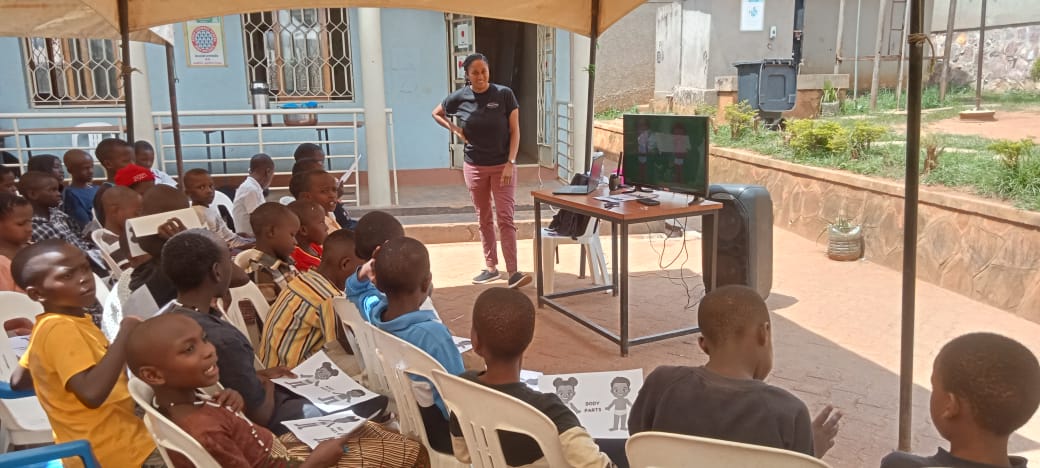
Any advice for growing your clientele? What’s been most effective for you?
I think one of the most effective strategies for growing my clientele has been really knowing my strengths, knowing my limitations, and being open to learning along the way.
For example, I’m okay at social media, but it became clear pretty early on that building a large online following wasn’t going to be my path. I didn’t have the time or creative bandwidth to commit to growing an audience on Instagram or TikTok, and I didn’t want to rely on those platforms exclusively. So I’ve learned what I can, and I continue to learn, but I made a conscious decision that social media would be a tool, not the strategy. I focus on keeping a steady presence so that when people look me up, they see I’m a legitimate professional and business. It’s also a great way to stay connected with past clients and share resources with folks I’ve already worked with.
Instead, traditional networking has been really key for me. Being part of associations, joining working groups, showing up for partnerships, and building relationships over time has helped me grow my reach through word of mouth. That’s been especially important because a lot of people don’t realize they need a sexual health education consultant until they do. Maybe something happens in their organization, or a parent raises a concern, or a new mandate comes in, and suddenly they’re looking for someone with the exact skill set I bring. If I’ve already done the groundwork, made connections, shared what I do, and built trust, then I’m the one they come to when that moment hits.
So it’s really been about playing to my strengths, staying visible in the spaces that matter to my work, and being consistent in how I show up, both online and in real life.
Contact Info:
- Website: https://www.rootsandboundaries.com/home
- Instagram: https://www.instagram.com/rootsandboundaries?igsh=MzRlODBiNWFlZA==
- Linkedin: https://www.linkedin.com/in/scotney-young/
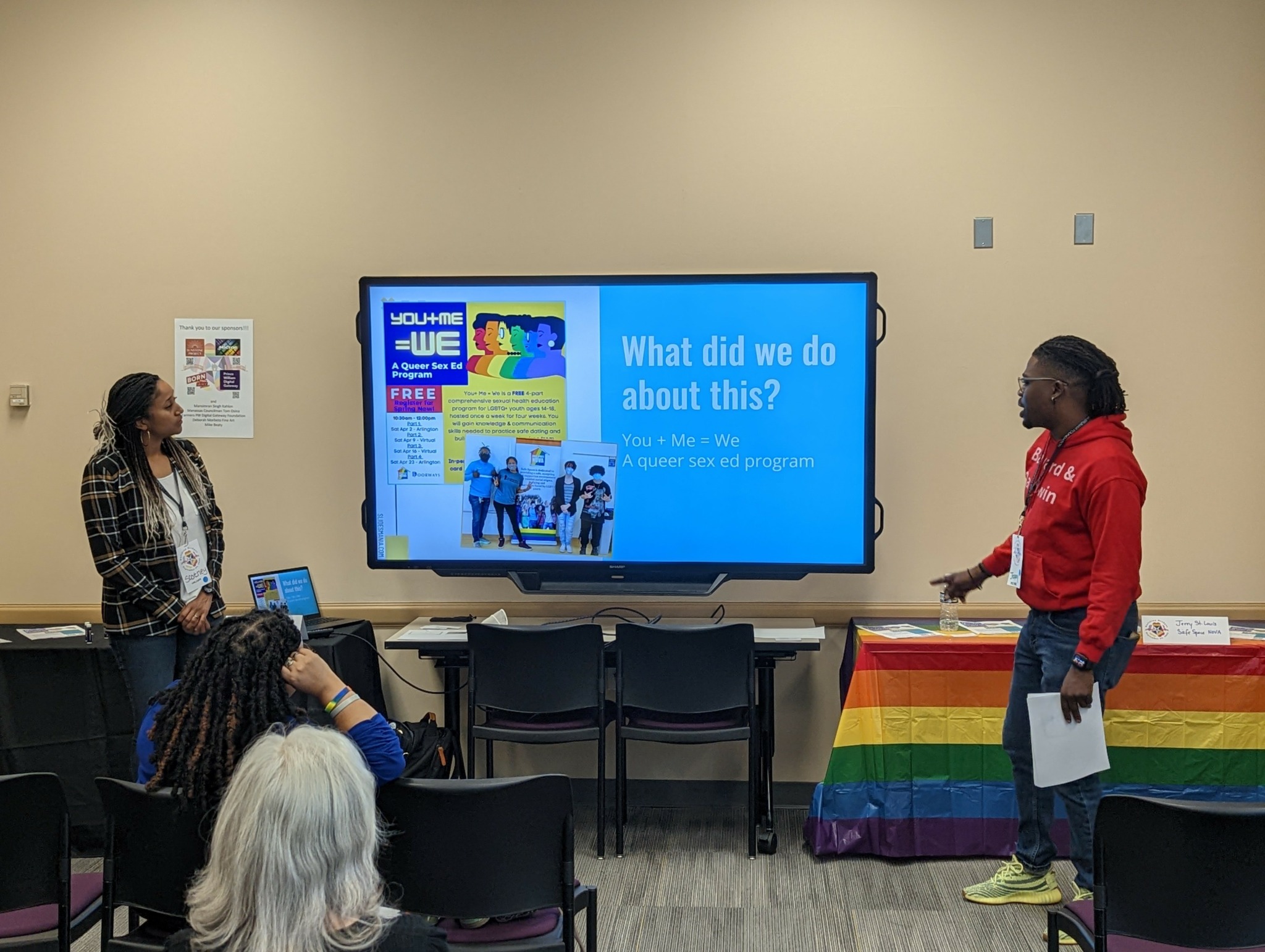
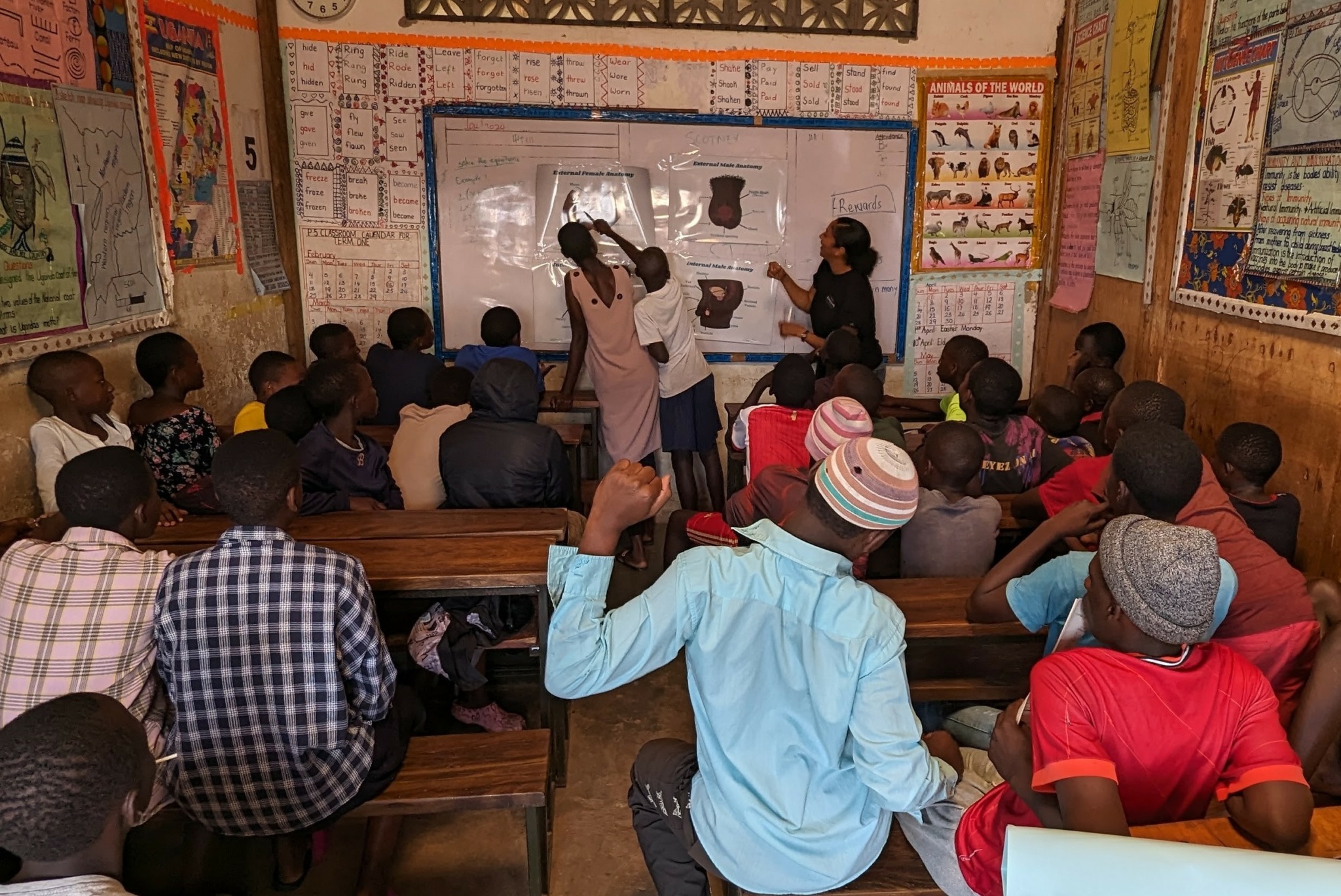
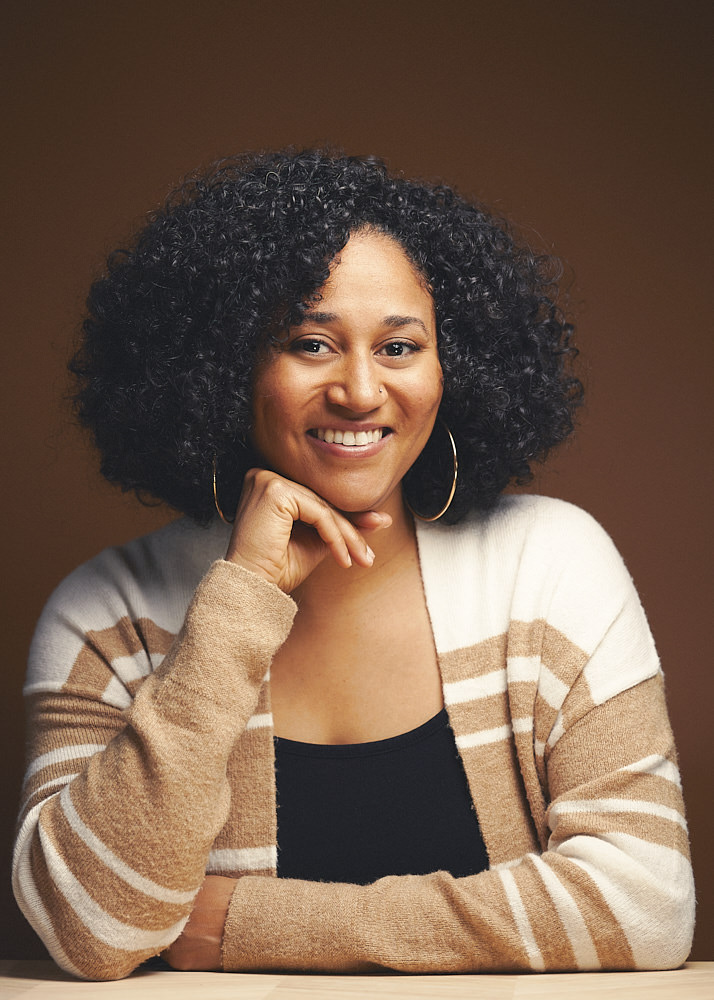
Image Credits
Headshot credit Nadia Chapman


